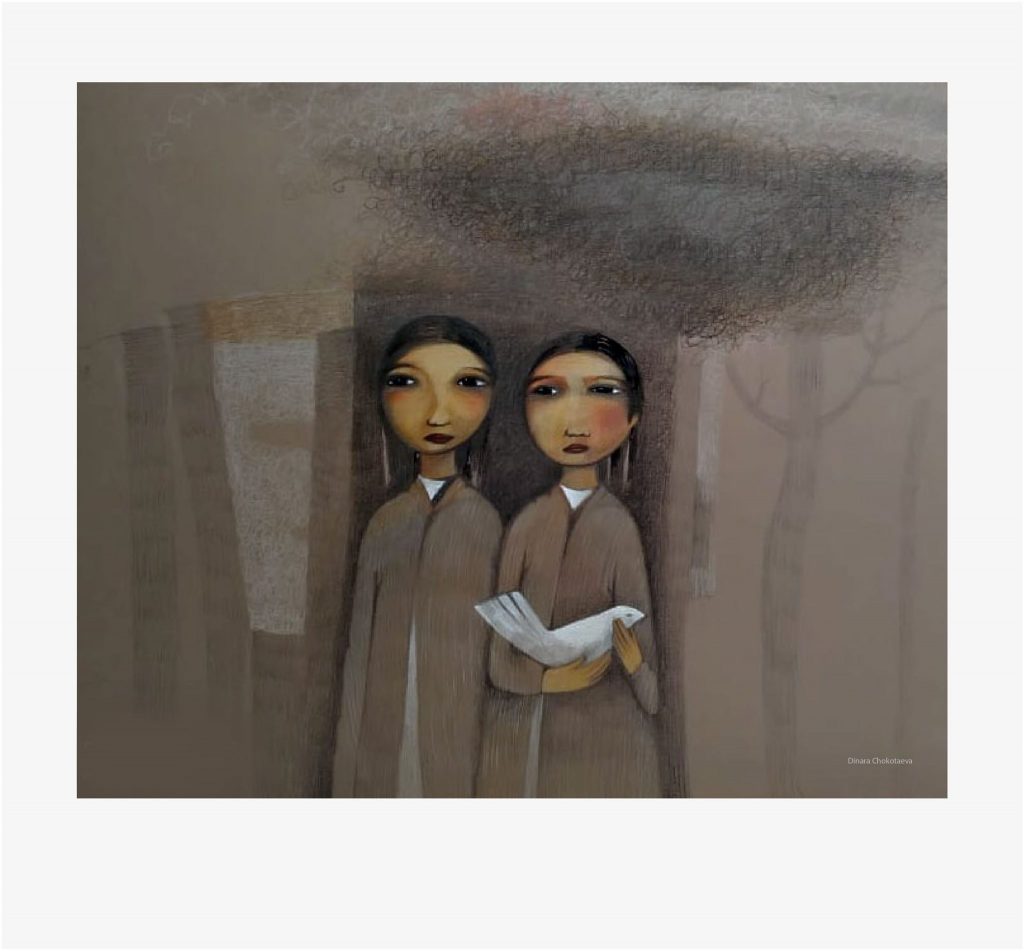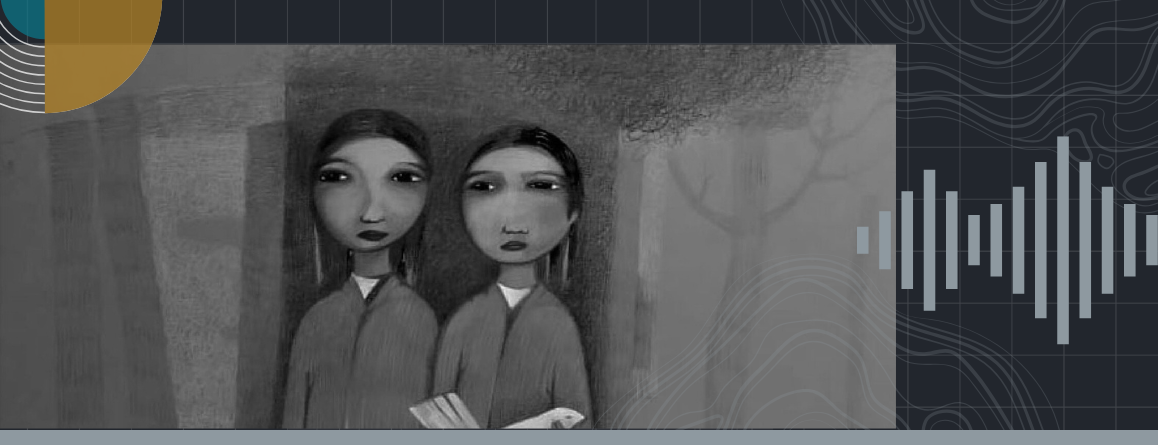© Association for Human Rights in Central Asia
“How can I go on living?” was the question posed by almost every
woman who suffered from sexual violence during the ethnic conflict in
southern Kyrgyzstan.

Following the ousting of Kyrgyzstan’s president Kurmanbek Bakiyev on April 7th 2010,
a new violence between Kyrgyz and Uzbeks sparked off in the city of Jalal-Abad. By
June it had spread to the southern city of Osh. While the conflict between the two
ethnic groups was not the first one, this turned out to be the most serious outburst of
violence over the past two decades.
According to official data, prior to the events of April 2010, ethnic Uzbeks made
up approximately 14.7% of the population of Southern Kyrgyzstan, while according to
independent sources – up to 30 %. Most of them were urban residents.
This problem affects and concerns many people in southern Kyrgyzstan. We want to
do all we can to help the victims resume a normal life.
The tremendous cruelty that characterized the events of June in southern Kyrgyzstan
has shocked us all. A large number of people have suffered. The chronicle of these
events will continue reminding us of these crimes that cannot be forgotten or justified.
Today, the victims of this ethnic conflict don’t feel protected, especially women and
children who were involuntary witnesses and victims of these abhorrent acts.
The media and the international community followed and reported on the Osh conflict.
However, much about this tragedy has been left untold, including the sexual violence.
This report only presents the stories of a few of the victims, who are in serious need of help.
Photograph: author unknown Both sides of the ethnic conflict have
committed crimes against helpless women and children as a revenge
tactic against one another. These women and children were tortured,
raped, and murdered. Their relatives and loved ones have to
continue living amongst us, with a heavy weight of pain and suffering.
